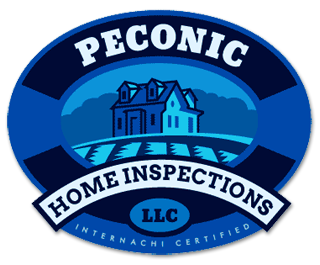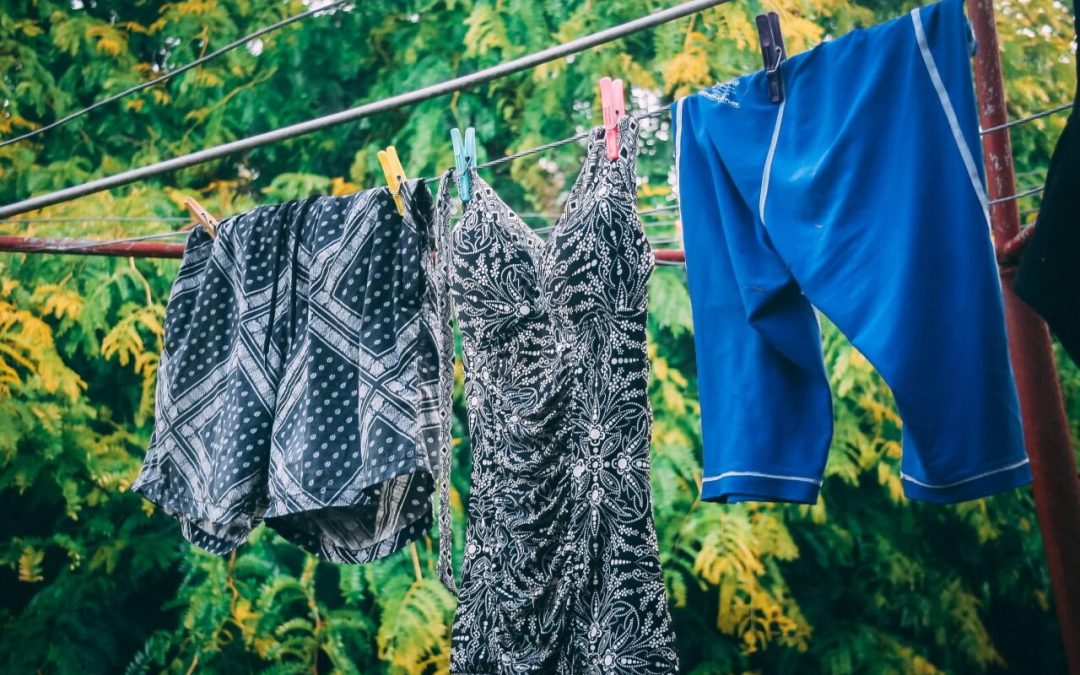How to Tell if Your Home is Too Humid
High moisture levels make your home feel hotter than it is. If you don’t have a moisture meter, look for these signs of high humidity.
- Foggy windows with condensation are caused by trapped moisture in the house and are a sign of excess moisture.
- If you notice mold stains in the kitchen, bathroom, or the laundry room, it is time to address the humidity levels.
- Rotting wood is also a sign of excess moisture.
- If allergies are becoming more severe, poor air quality in your home might be to blame.
Humidity contributes to the growth of airborne allergens like mold spores, which can easily spread throughout the house. Excess moisture in an enclosed area allows microorganisms like bacteria, dust mites, and molds to grow. When dust mites multiply on furniture and bedding, they can worsen symptoms of respiratory issues.
Easy Ways to Reduce Humidity
Use a Dehumidifier
The best way to reduce humidity at home is to use a dehumidifier. Dehumidifiers remove moisture from the air by collecting it in a container. This type of machine will help manage humidity in your home. You may need more than one dehumidifier, depending on the level of moisture in the air and the size of your home.
Cook Outdoors to Reduce Humidity in Your Home
Especially on warm summer days, cooking inside can contribute to higher humidity levels. On particularly hot and humid days, serve salads, cold sandwiches, or use the grill outdoors. By doing so, you’re not adding any extra moisture to the air and you’ll also help reduce your energy bill.
Hang Wet Clothes Outside to Dry
Using your clothes dryer increases humidity, especially in the summertime when the home is already warm and working harder to maintain a cool temperature. Hanging clothes to dry indoors also releases moisture into the air. Instead, hang clothes outdoors to dry on the clothesline. To best care for your clothing, hang pieces in the shade on a warm, sunny day.
Grow Indoor Plants that Absorb Moisture
Some indoor plants help you reduce moisture and the level of carbon dioxide in the environment, both of which will improve your air quality. Indoor plants such as Boston ferns, reed palm, and English Ivy are among the best moisture-absorbing plants. Make sure to not overwater your plants to help prevent mold growth.
Fix Leaking Pipes to Reduce Humidity in Your Home
When dealing with high humidity, you do not want to worsen the problem with moisture from busted pipes. Fix all leaking pipes in your home, and wrap any exposed ones with foam insulation to prevent condensation. Signs of leaking pipes include wet spots or stains on ceilings or walls, a sudden increase in your water bill, and a lack of water pressure.
Use the Air Conditioner
The air conditioner will help to lower humidity levels as it introduces cooler air into the room. Replace the filter as recommended by the manufacturer and keep your air conditioner running during hot summer days.
Peconic Home Inspections offers home inspection services. Contact us to schedule an appointment in Long Island.

